The opportunity to reform Bangladesh must not be wasted
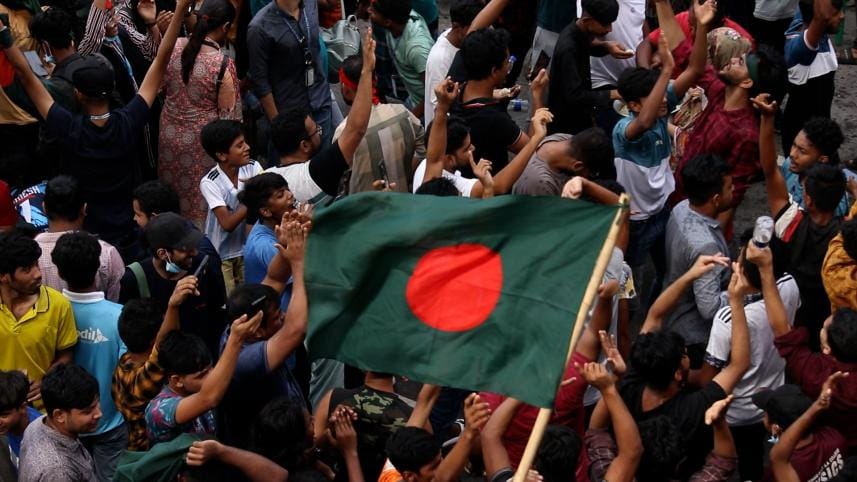
We Bangladeshis have a special strength, which enables us to form mass uprisings and put up resistance. There is a saying that rebellion against injustice is justified. In Bangladesh's context, we can also say that rebellion against injustice is irresistible. Time and again, our people have risen against injustice, bringing victory. Then again, what is worrying is the defeat of the purpose that follows. We saw this in 1971, in 1990, and it is a matter of concern even now.
This movement was definitely a mass uprising. Though students started it, we saw everyone taking part in it—from children to the elderly. Parents of the students joined in, their teachers joined in; journalists, lawyers and ordinary citizens in the cities as well as remote areas joined in, coming out to the streets. This is a remarkable feat. A key characteristic of this uprising was that it was not led by any political party, unlike the movements in 1969, 1971 and 1990. Political parties did support the movement. The left democratic parties expressed support from the beginning. The BNP said they supported the movement a lot later on. But none of them were the leaders. This movement was truly led by the students, under the banner Students against Discrimination. This name is beautifully significant. The fascist government had spread its roots so deeply that no other political party deemed it possible to remove it. The strength that was displayed by these inexperienced students to make it possible, I think, is the inherent strength of Bangladesh.
In every country, whenever an autocracy falls, severe uncertainty follows. This is because they ruin the state institutions and the democratic system. Then different groups emerge and try to fulfil their own agendas. We witnessed this on August 5 as well. When we learnt at around 2pm that Sheikh Hasina was leaving, the leaders of Students against Discrimination could not be found for a few hours. This created a situation of vandalism, looting, and communal violence, which continued well into the night. There was no leadership, no direction. The military assumed authority, but it didn't seem like they had any preparation to deal with a situation like this. As a result, we witnessed events that marred this victory.
The presence of the leaders of Students against Discrimination, who later that night called for stopping the violence, destruction, and communal violence, is very important. The Bangladesh that we dream of is where our state institutions function properly, a democratic system is in place, and everyone plays their roles responsibly. Ensuring this is critical.
During the 90s, we know that the three coalitions each had an outline, none of which was realised. Jamaat-e-Islami was also in the movement with Awami League and BNP, after which it became a partner of BNP. We now know how many actions took place against our national interest. In 1991, under Prof Rehman Sobhan, a task force was created in which a lot of influential thinkers participated and planned how the future of Bangladesh would be. I had written a book in Bangla with a summary of it. None of this was paid heed to by the subsequent elected political parties. The path created by military dictator Ershad was followed by the same parties that brought him down. Neither the education and health goals nor the national interests were realised.
Whenever the people, whose power is needed and used to bring down an autocracy, are deprived of their power and rights, it leads to an accumulation of powers who work for their own benefits. This includes both national and international groups. We experienced this in the 1990s and should remember that now.
Now, the Students against Discrimination are a key stakeholder. Along with them, the Left Democratic Alliance, the teachers' network, journalists, lawyers, writers, artists, and singers all participated. I believe all of these groups need to play an active, united role now. Otherwise, our state will be occupied again. Now is the time to prevent that occupation.
Already signs of occupation are visible. We were all surprised to see the meeting at Bangabhaban with the president, the current legal head of the nation, where there were no representatives from the Students against Discrimination. Instead, political parties who had nothing to do with the movement, and already have accusations of wrongdoing, participated in the first crucial meeting. It was said that meetings would be held with the political parties, but the Left Democratic Alliance, which has always been active in this movement, has not been called to these meetings. I believe these deviations are a reason behind the unwanted events that occurred across the country.
There were three kinds of attackers. The first were those who have suffered over the past decade and more. They have been outraged for a long time. The state should have given them hope that those who had done them wrong would be brought to justice. The second kind were opportunity seekers. They look for any opportunities to loot and gain monetary benefits. We see them even when there is a road accident. Some people go forward to help any victims, and there are some who go to steal. The third were communal attackers who committed heinous crimes on vulnerable communities that sent a wrong message to everyone about the movement, those who participated in the movement, and about Bangladesh as a whole to the international community.
The student leaders have spoken out against it. We, from the Bangladesh University Teachers' Network stood up, and later on, some political parties also sent positive messages. I am assuming that no further events that can stigmatise this movement will take place anymore.
The prime minister has resigned, the ministers' cabinet has been dissolved. The president has dissolved the parliament. He will now give another election. According to the constitution, he is the main person, the last resort. To support him in doing this, for the time being, he can form a government. The constitution does not have any restriction against that. This interim government is very important for changing the future of Bangladesh. The main duty of this interim government is to hold the election. But there are some requirements that need to be fulfilled before that, which are reforming our state institutions. Our government agencies are flooded with corruption. Even the court is now dysfunctional.
The constitution itself needs reform. It has become autocratic, power-centralised, and communal. Anyone who comes to power with this constitution will turn into an autocratic government. So, to reform the constitution, a national consensus needs to be created. Then there are the megaprojects and mega-development trends in the financial sector. It is a centre of mass corruption. Our rivers, water bodies, forests, and hills are occupied. In the name of development, there were many projects such as Rampal and Rooppur power plants that are just bad for us and our future. Wealth has been centralised. A small segment of the population has accumulated a massive amount of wealth. All of this should be investigated. At the very least, the pathway must be created to change the trend of all our economy, resources, and political power going into the hands of a few. We cannot go back to the same place we just came from. We cannot allow a repeat of all of this considering the hundreds of students and innocent people who have given their lives to get us this opportunity now. So reforming the state institutions, the constitution, and the policies needs to be done.
But I do believe that the aspiration that was behind this movement cannot be fulfilled without the active participation of Students against Discrimination and everyone who stood beside them. If the ordinary citizens stop their own active participation, thinking that some people are going to go forward and develop and reform the country, that will be a mistake. This thought has doomed us in the past. Awami League, BNP, Jatiya Party—everyone has shown that when in power, they completely forget the people's interests. So we have to be alert to ensure it ourselves.
Those who want to gain personal benefits and want wealth centralisation actually want an autocratic government in Bangladesh. It becomes easier for them to deal with this government for the sake of their own financial gains. This type of government benefits some foreign parties too. We know India has multiple projects in Bangladesh that are harmful to us, such as Rampal and some projects by Adani. Russia has given us loans for Rooppur. We cannot even properly fathom what kind of catastrophe we are heading towards because of this. The US has multiple contracts about oil that don't go in our favour. China's big contracts with Bangladesh lack clarity. So, for these national and international groups, it is better if there is no democratic system in place in the country. No matter how much these countries preach about democracy, when it comes to other nations, they will always prioritise their own financial benefits over democracy.
Among the powerful stakeholders in the Bangladesh government, we find brokers for China, the US, India, and Russia. We just don't see a person truly representing Bangladesh's interests. Now is the time to truly find people who will negotiate with all these parties with Bangladesh's interests in mind over everything else. We have to work towards this and ensure it ourselves. These are long-term objectives. For the interim government, the first thing to ensure is the security of the nation's citizens, especially all the minorities including Hindus, the Indigenous groups, and even the Muslim minorities such as Ahmadiyyas.
No one should come under attack because of their identity either. Just because someone is a police member, does not mean that attacking them is justified. It doesn't mean they are a wrongdoer. Just because someone is a member of the Awami League doesn't mean they are a bad person. Those who have committed crimes, of course, need to be brought to justice. The police who have shot at the students, of course, need to be tried in court. But based on the identity of the police or Awami League, they cannot be attacked outside of the law. Sheikh Mujibur Rahman's statue or his museum should not have been vandalised. This was not the goal of the movement. The goal was to remove the autocracy and the torture of a corrupt system. It is the responsibility of us all to ensure the movement isn't tarnished by actions like these.
This is a big responsibility on the shoulders of the students. The 2018 Road Safety Movement by students of schools and colleges was an amazingly joyous event for us to witness. The disciplined manner in which the students conducted the movement and the courage that they showed us then truly gave us faith in them. They have grown up since then, and a lot of them are now here in this movement. A lot of the seniors that we had before had perhaps given up, sold themselves, turned into fossils, let go of themselves. It is now the rest of us seniors' duty that this youth doesn't lose track. We should guide them with whatever resources we have and the organisations that are in place to support them. We should stand beside them to make sure that the blood that has been shed by the youth, and the friends that they saw die beside them, is not wasted by destroying the opportunity they have created by sacrificing so much.
Anu Muhammad is former professor of economics of Jahangirnagar University.
Views expressed in this article are the author's own.
Follow The Daily Star Opinion on Facebook for the latest opinions, commentaries and analyses by experts and professionals. To contribute your article or letter to The Daily Star Opinion, see our guidelines for submission.



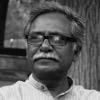
 For all latest news, follow The Daily Star's Google News channel.
For all latest news, follow The Daily Star's Google News channel. 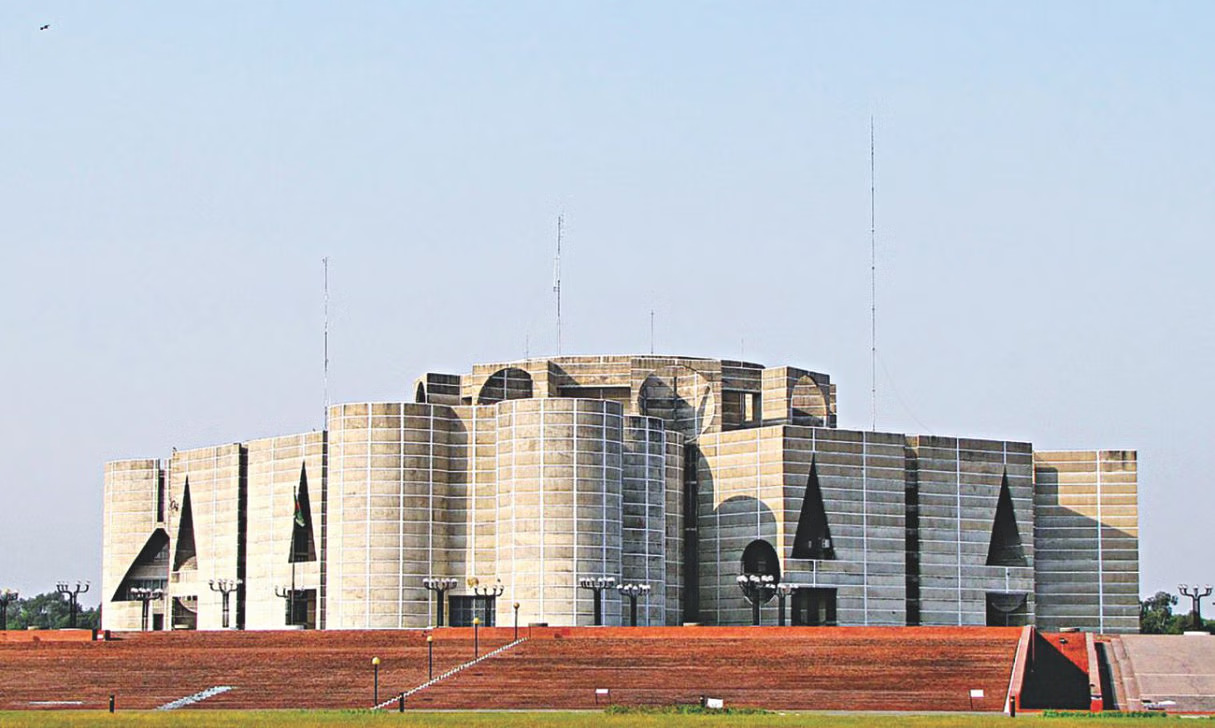
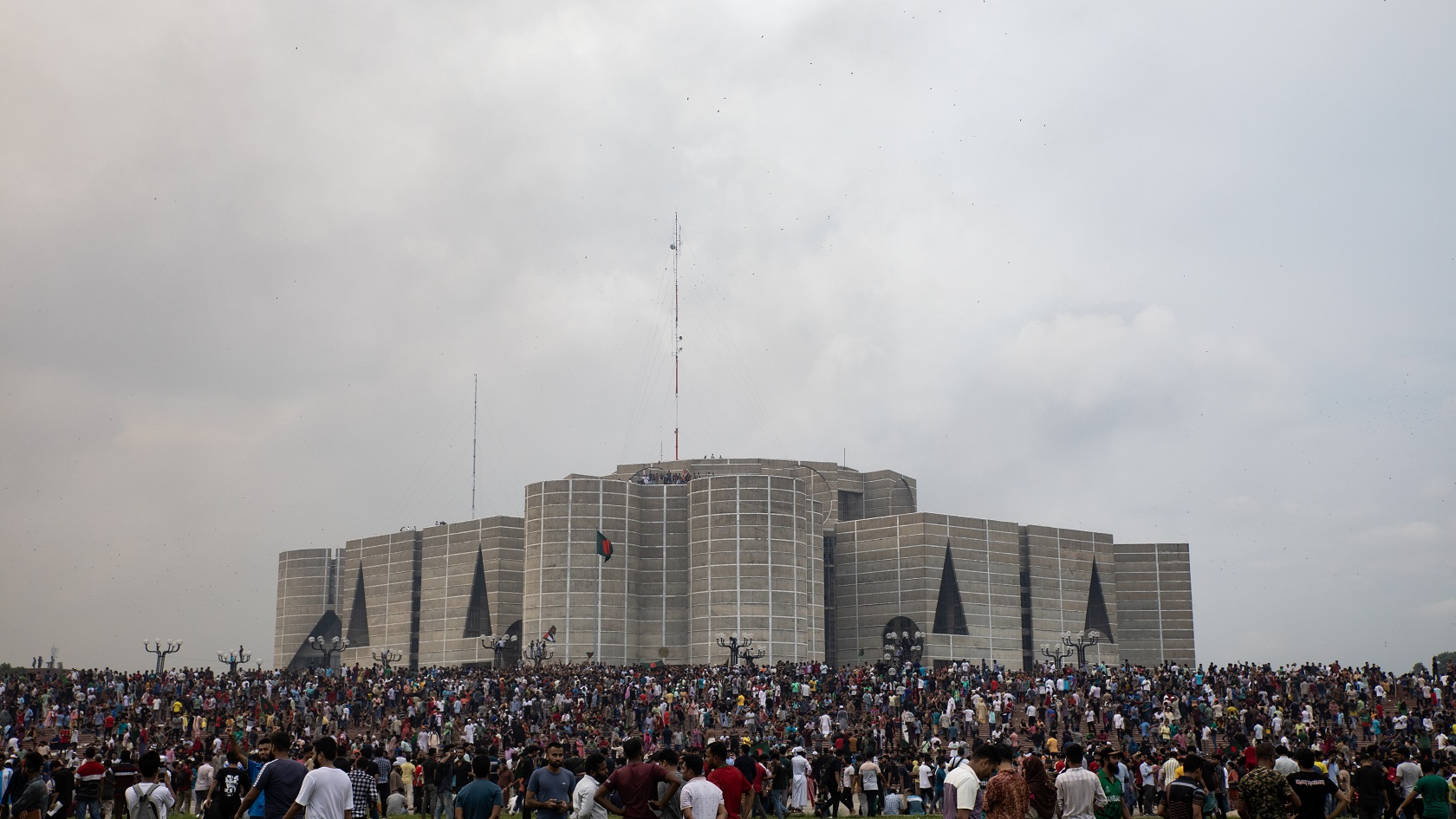
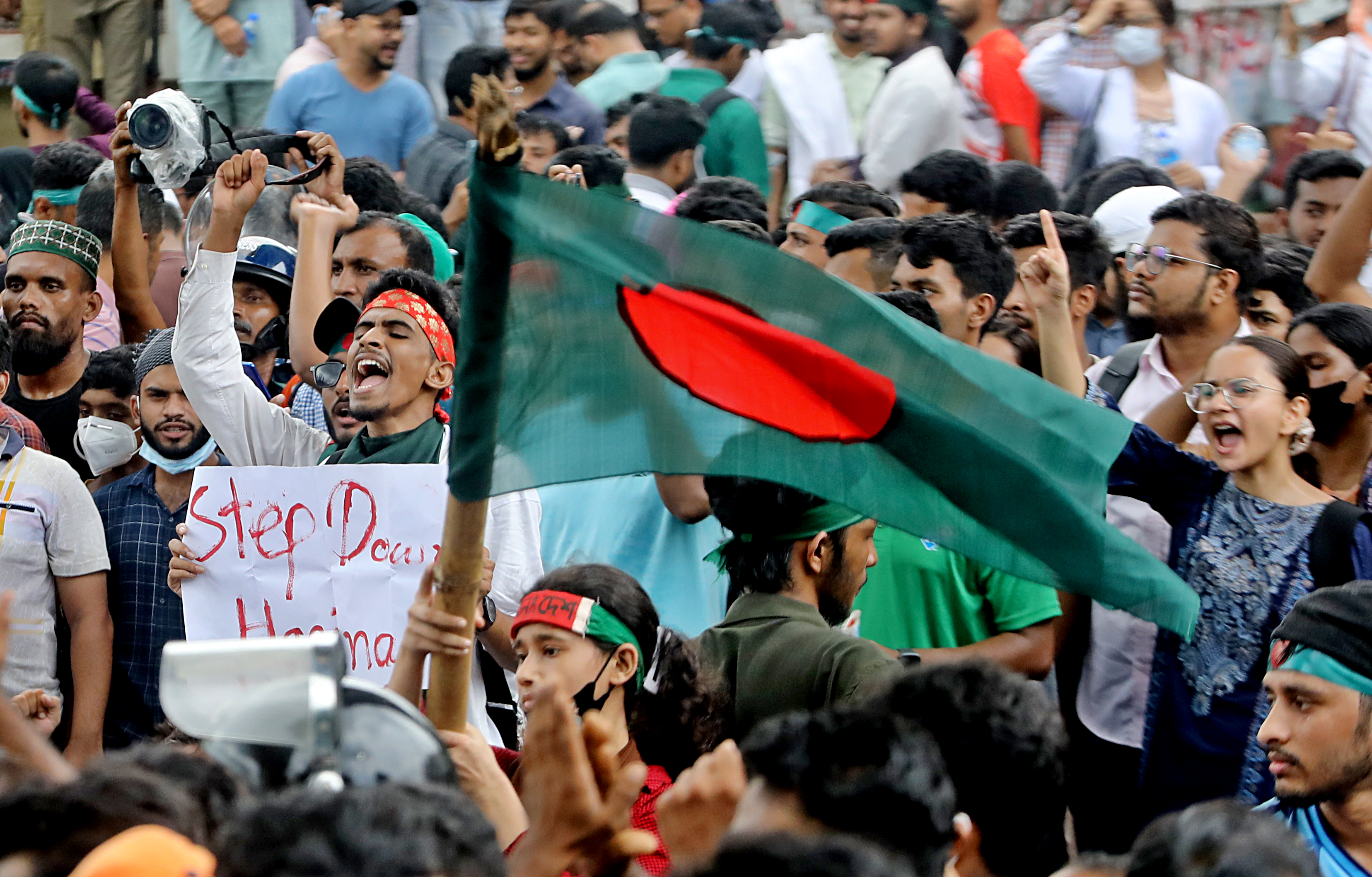
Comments